Detailed content
Technical Specifications
Maximum Load Capacity: 2.0 kN
Accuracy: High-precision measurement, typically specified in the datasheet (consult the official documentation for exact figures)
Output Signal: Analog (e.g., mV/V output), depending on the model variant
Environmental Rating: Typically designed for industrial environments, with protection against dust, moisture, and vibration (IP rating may vary, consult datasheet)
Material: High-strength, corrosion-resistant material (e.g., stainless steel)
Temperature Range: Operating temperature range specified in the datasheet, suitable for a wide range of industrial applications
Dimensions and Weight: Specific dimensions and weight vary by model, consult the datasheet for detailed information
Functional Characteristics
High Accuracy: The PFTL101B 2.0KN provides precise measurements, ensuring accuracy in force monitoring and control applications.
Durability: Constructed with high-quality materials, it is designed to withstand harsh industrial environments and maintain reliable performance over time.
Compatibility: Compatible with various measurement systems and data acquisition equipment, facilitating integration into existing or new automation systems.
Easy Installation and Maintenance: Designed for ease of installation and maintenance, reducing downtime and enhancing overall system efficiency.
Repeatability: Offers excellent repeatability, ensuring consistent measurement results under identical conditions.
Application Scenarios
The ABB PFTL101B 2.0KN is suitable for a wide range of industrial applications requiring precise force measurement, including but not limited to:
Materials Testing: Used in materials testing laboratories to measure the strength, elasticity, and other mechanical properties of various materials.
Weighing and Force Measurement: Integrated into weighing systems, production lines, and testing equipment for accurate weight and force measurements.
Machine Monitoring: Employed in machine monitoring systems to detect and control forces applied by machinery, ensuring safe and efficient operation.
Process Automation: Utilized in process automation systems to monitor and control critical forces during manufacturing processes, enhancing product quality and consistency.
R&D and Testing: Used in research and development environments for experimental setups and testing applications, providing reliable data for analysis and optimization.

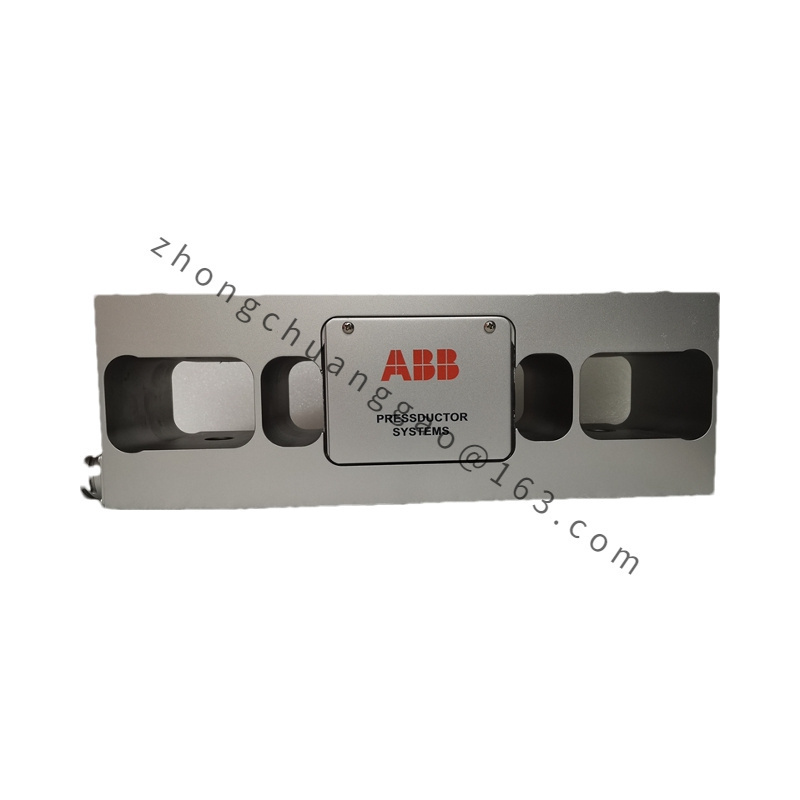
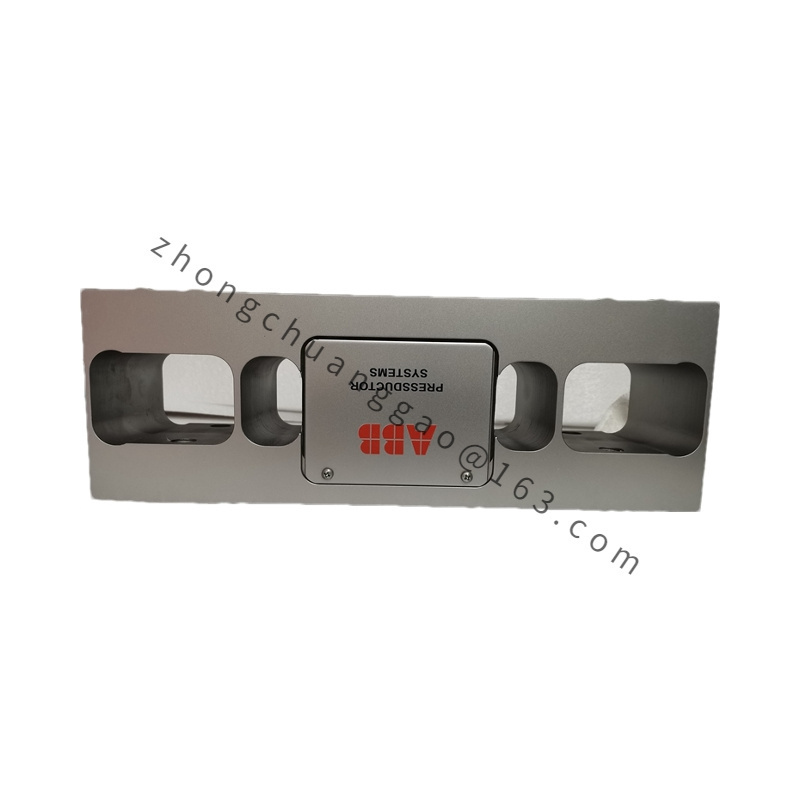
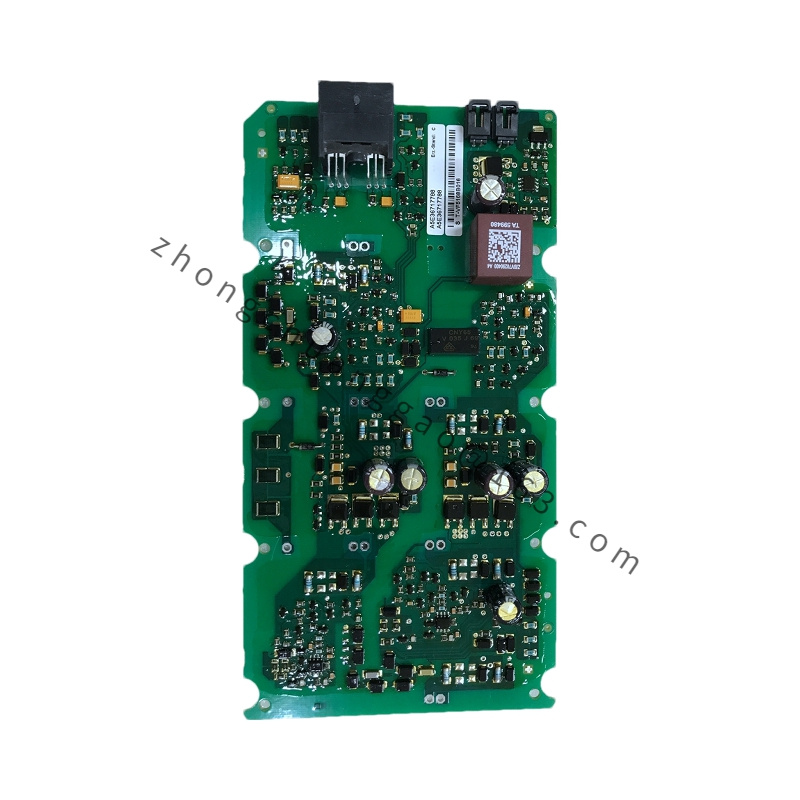
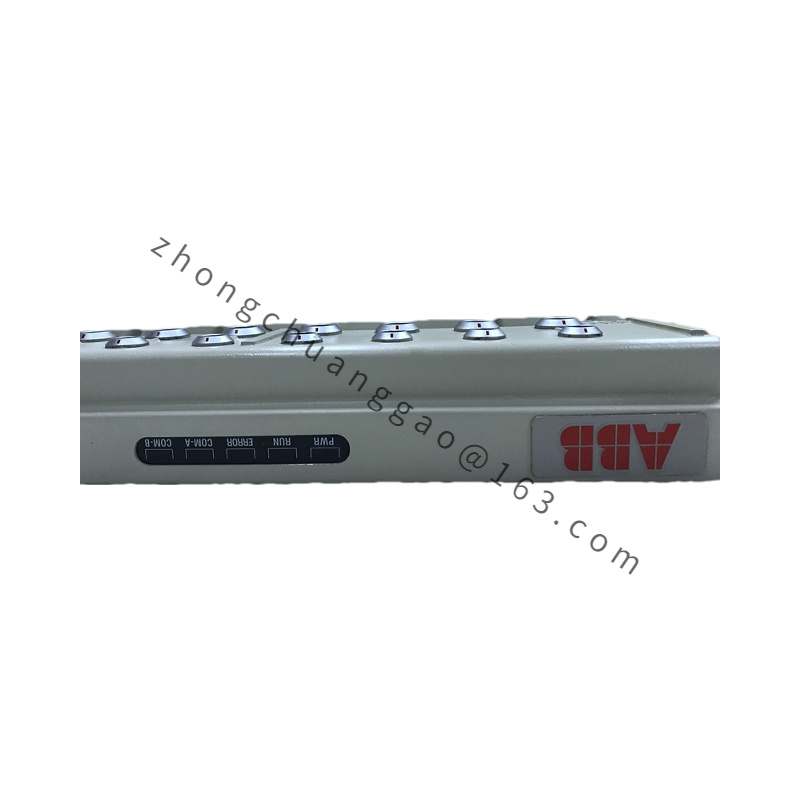
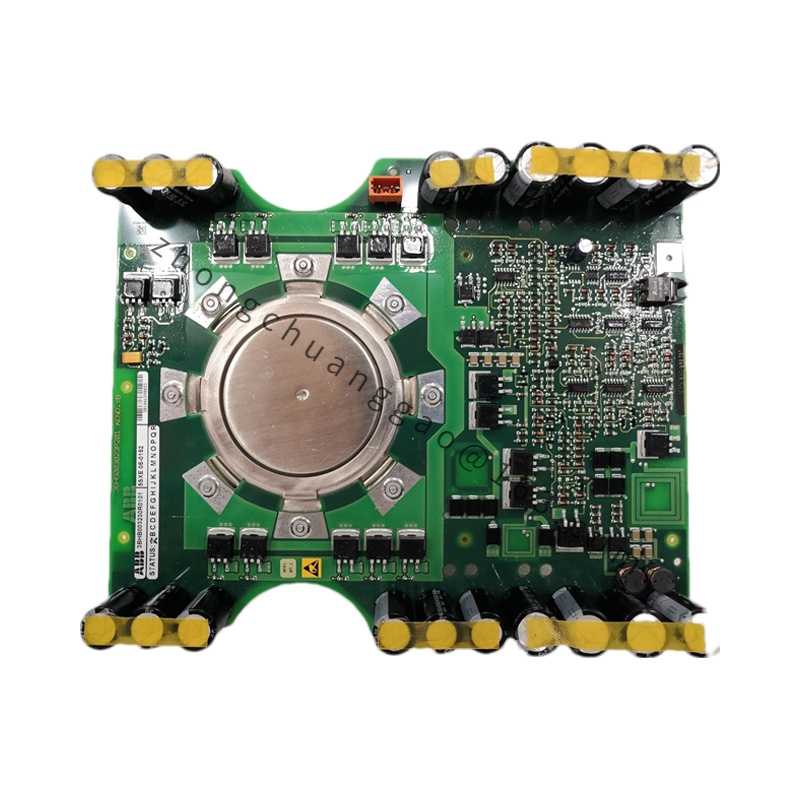
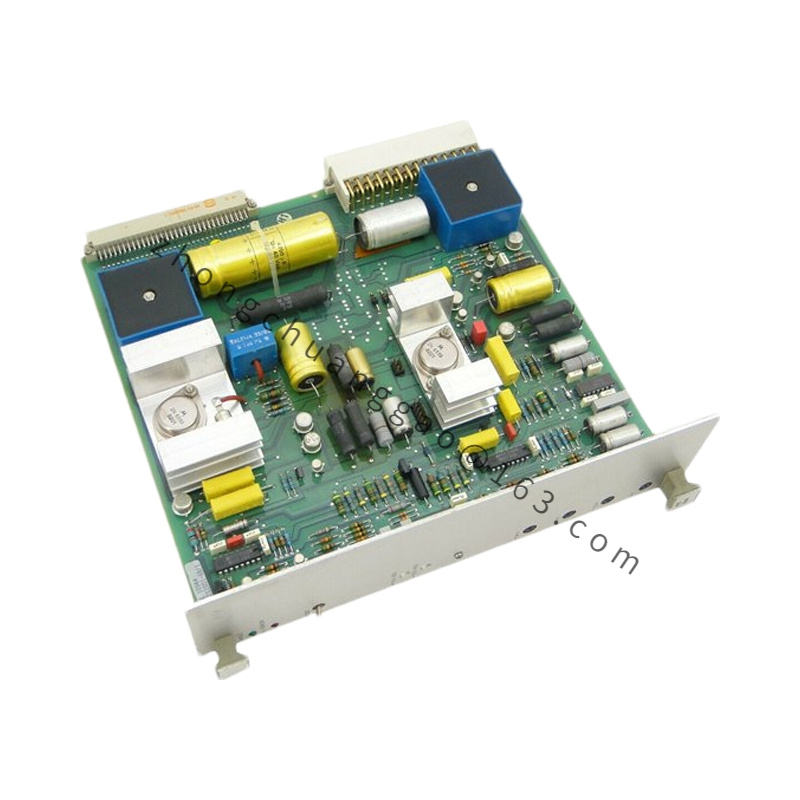
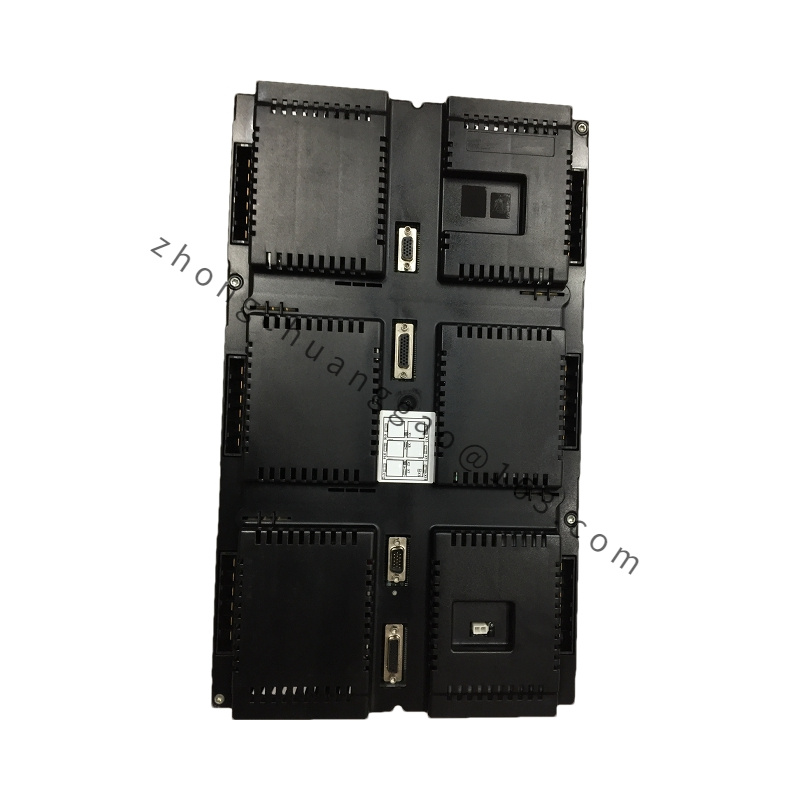
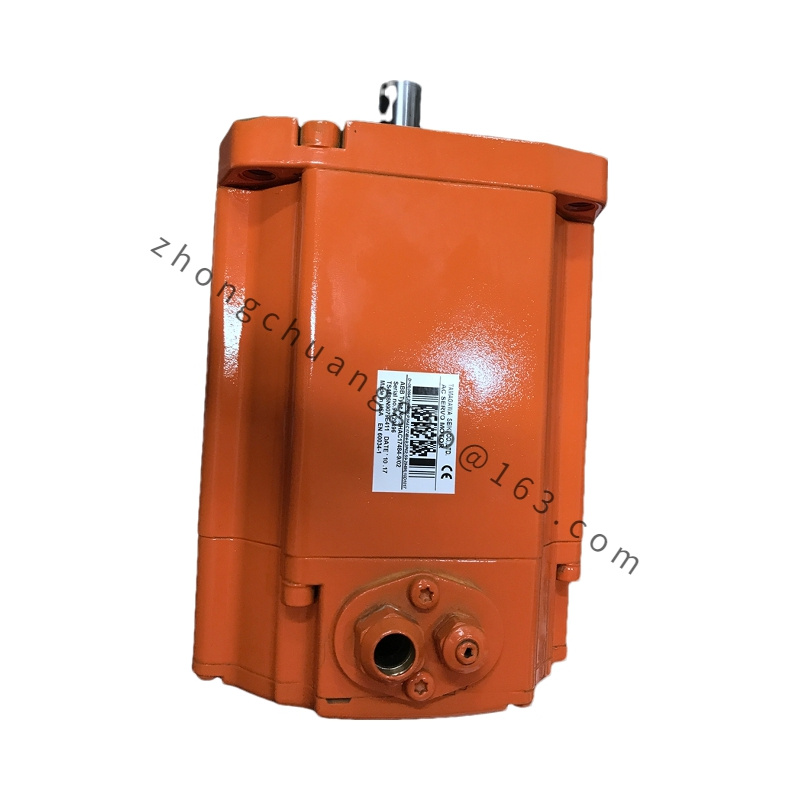
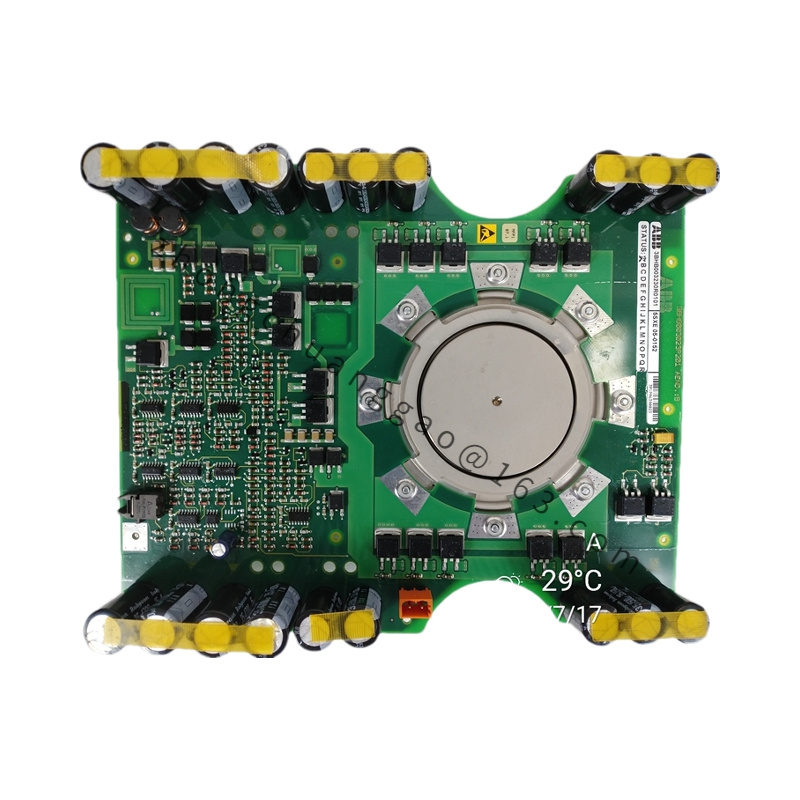
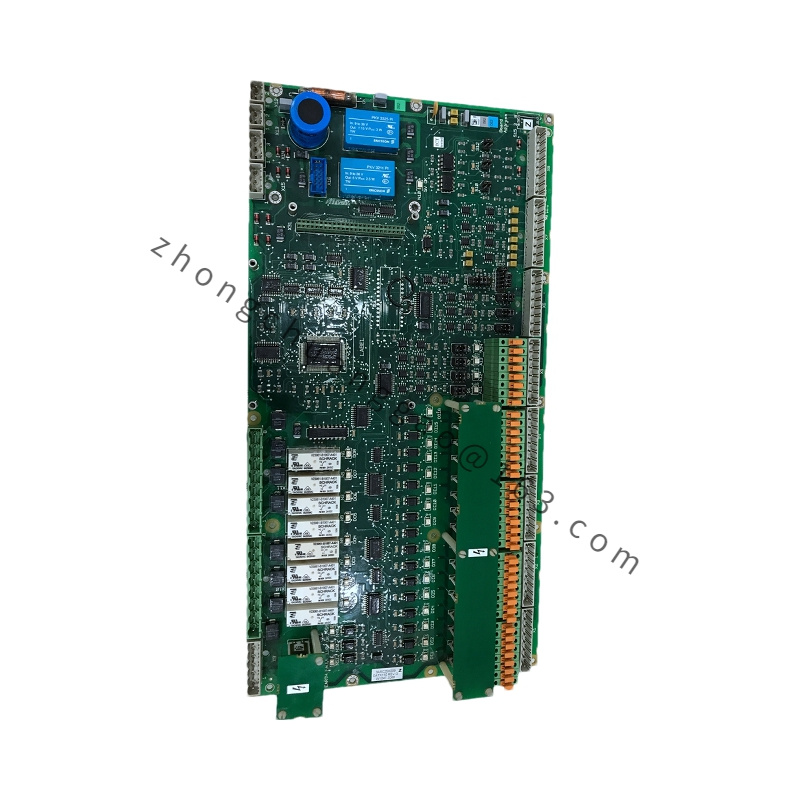
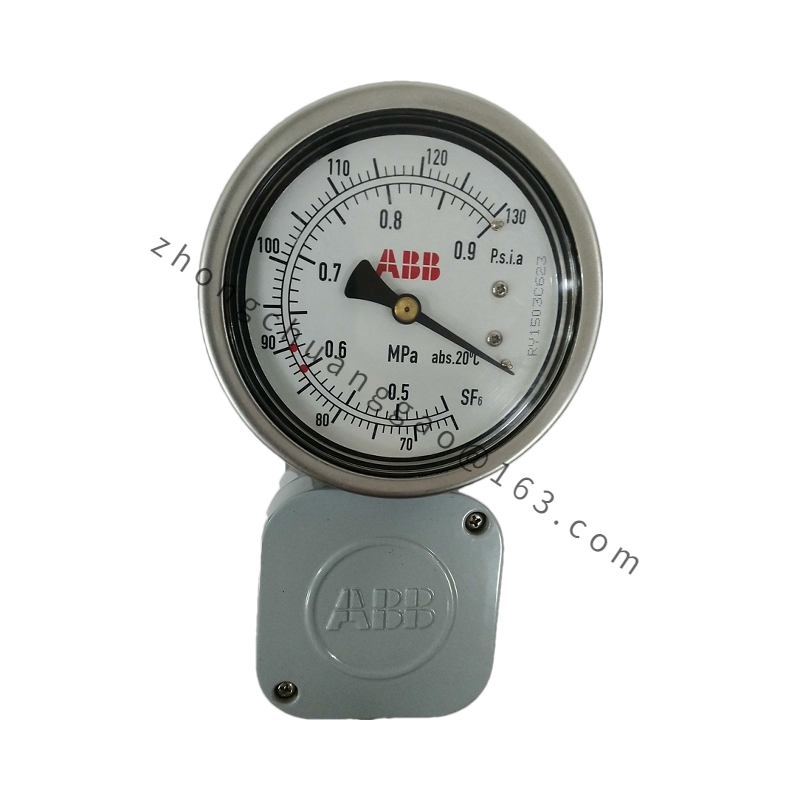
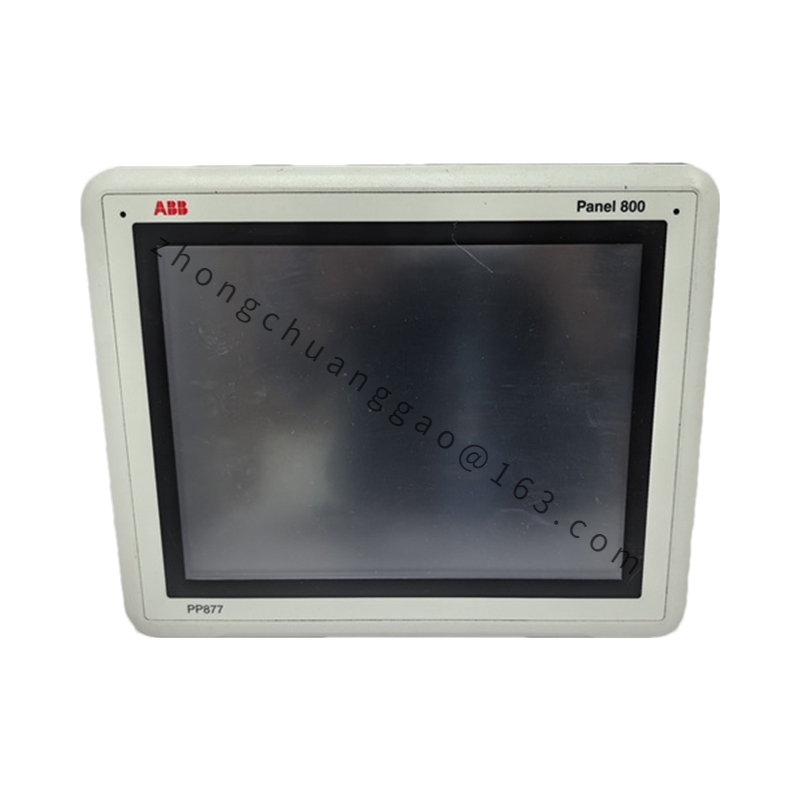

.jpg)